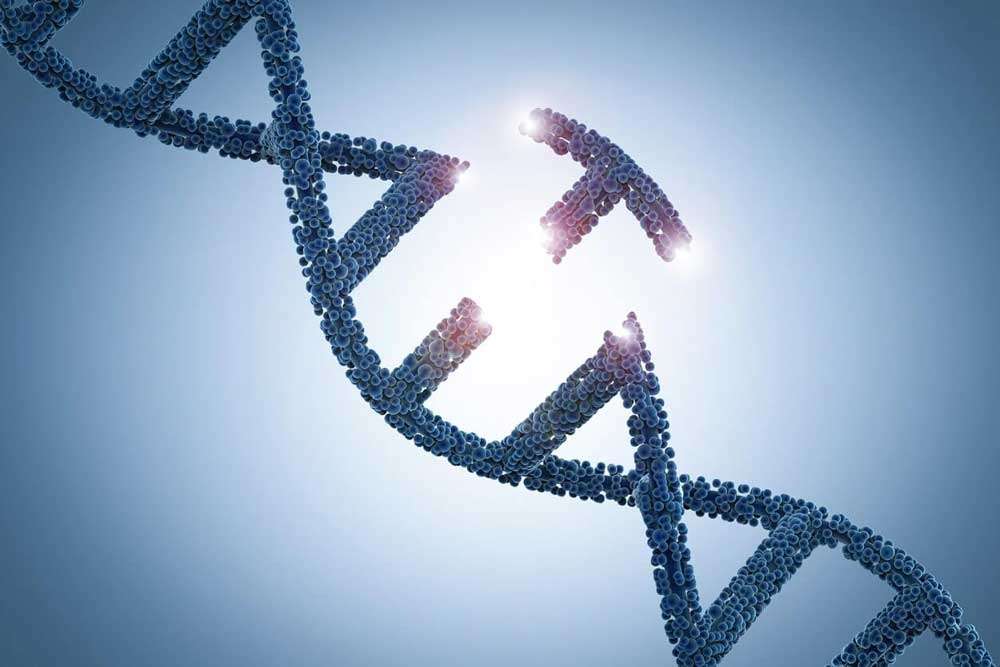Blame it on the genes!
For a long time, we believed that we are prisoners of our genes, and we blamed them for our ill-health and even for our behavior. We often hear statements like: “Diabetes runs in my family, so I know I am going to get it eventually”. Or a similar scenario, one that I often encounter in my coaching clinic, is that of a parent living in fear and worrying that their children will end up with the same type of cancer that they had just because they have inherited their genes.
Your genetics are not the problem, your habits are!
Doctor Mark Hyman, an American physician and New York Times bestselling author, shares with us the good news: research now indicates that we do not have to sit back and accept that we are doomed to be sick! One of the biggest medical breakthroughs has been through the science of Epigenetics which studies how our behavior and the environment we live in can cause changes that affect the way our genes work.
Sounds complicated?
Let us simplify it: the human DNA is covered with “switches” that tell the DNA how to express itself, and we can literally “turn our genes on and off” based on how we live and behave.
Our lifestyle washes over our genes and that determines who we are at any moment. What we eat, our exercise regimen, resilience in the face of stress, the exposure to environmental toxins and pollutants… are all examples of contributing factors that can turn on or off genes that create health or genes that create disease.
Genetics may load the gun, but your lifestyle pulls the trigger!
What’s the main takeaway here? Is it really in our hands to control how our genes work? YES, it is!
Genes may load the gun, but they do not pull the trigger, our unhealthy lifestyle does.
So, what is it that we can do to lead a healthy lifestyle and put a safety lock on that gun?
Well, the way to health and well-being is simple, but the key is to turn simple into daily “habits”.
Summarized below are the most important steps that we can follow to “switch off” disease and start owning our health. Let us develop the daily habits of:
• Eating real food
• Moving our bodies
• Meditating
• Managing our thoughts and emotions
• Sleeping well
• Avoiding or limiting exposure to environmental toxins
• Connecting with the people we love
Did you know that our Genes are Willing to Cooperate?
Our genes are always listening; it is how they are designed. Therefore, if you suffer from a health issue and instead of blaming your genes, tune in to what your body is trying to tell you, examine what needs to change in your environment, work on it consistently, and watch your health improve.
I would like to conclude with a quote by Dan Buettner. “A long healthy life is no accident. It begins with good genes, but it also depends on good habits.”

